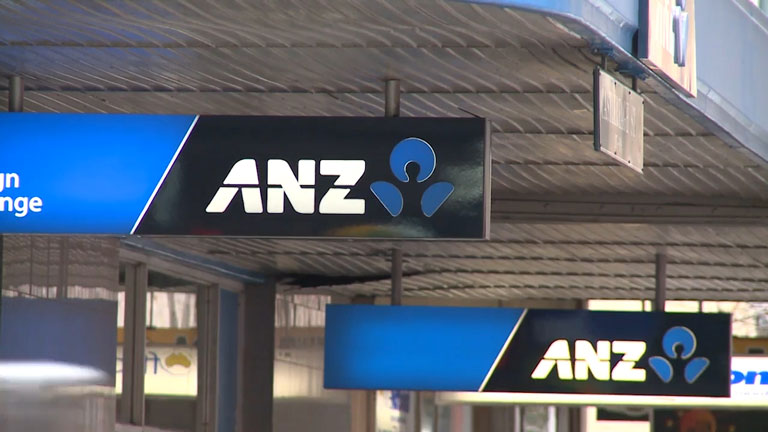Last week, ASIC issued a report confirming in-house product bias within institutionally-aligned licensees between 2015 and 2017, finding that 68 per cent of all client funds across these businesses had been invested in products owned and operated by related entities.
A review of sample files where advice to switch products to an in-house product was provided also found that as many as 75 per cent did not meet the FOFA fiduciary duty in ASIC’s opinion.
Responding to questions from InvestorDaily, a spokesperson for ANZ said its internal review of in-house versus external product distribution had yielded different results to those of the regulator, but noted the bank was unaware how ASIC gauged the numbers.
“Our assessment of the split between ANZ Financial Planning customers’ investments in ANZ products and those in external products is closer to 47/53 respectively, but we do not know what methodology ASIC have used,” the spokesperson said.
The bank said it also permits advisers to apply to recommend products not included on their APLs, and last year received 1,200 of these requests – an “overwhelming majority” of which the spokesperson said were approved.
The spokesperson added that the bank “will continue to work with ASIC and all the other regulators to help them with the important work they do to keep our industry secure and accountable”.
ANZ’s comments follow the release of an internal letter written by the bank’s chief executive, Shayne Elliott, addressing the royal commission into banking, superannuation and financial services.
In the letter, Mr Elliott said seeing all the bank’s instances of misconduct over the last decade laid out in a single document was “confronting”.
“It’s completely unacceptable that we have caused some of our customers financial harm and emotional stress. I’m ultimately accountable for this and once again apologise,” Mr Elliott said.
“Of course, it would be easy to lay the blame on a few bad apples or to say that these are largely historical technical glitches resulting from large complex IT systems. That would be wrong.”
Spokespeople for AMP and Westpac both referred InvestorDaily to the FSC, which has also challenged the investigative approach used by the regulator.

